Early childhood educators play a significant role in laying the foundation for a child’s learning journey. Their impact goes beyond just teaching; it includes supporting emotional, social, and cognitive growth. To thrive in this vibrant field, educators need a wide range of skills that extend beyond what is found in books. Succeeding in this creative field requires more than just memorising textbook content. It involves having a set of varied skills to manage emotional understanding, social interactions, and cognitive development. If you aspire to be an early childhood educator, it is important to recognise the key skills needed to succeed in this exciting profession. Here are the five skills that are crucial for success as an early childhood educator.
- Communication skills
- Adaptability and patience
- Creativity and innovation
- Passion for teaching
- Organisational and classroom management skills
Effective communication skills are essential for early childhood educators. In this setting, communication is more than just sharing information; it means understanding and addressing the needs, feelings, and thoughts of young children.
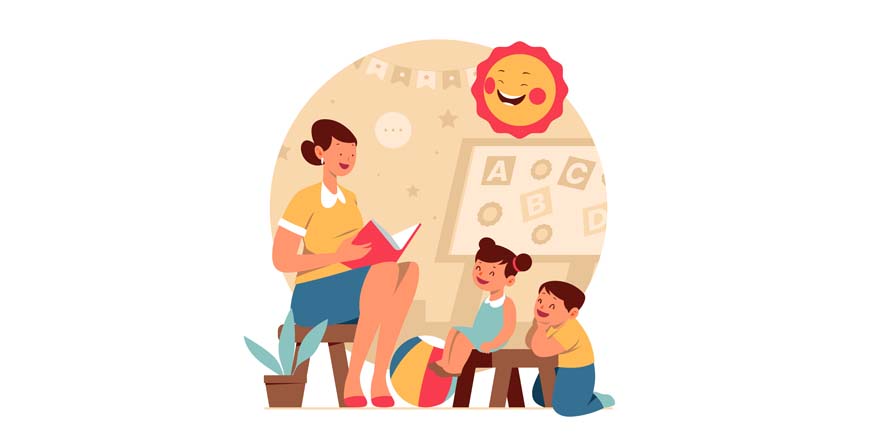
During their formative years, children are still learning to express themselves, so educators must be skilled in both verbal and non-verbal cues. This involves speaking, using simple language, and being aware of body language, facial expressions, and tone. Strong communication skills help build trust and support with children, which is crucial for their emotional and social growth.
Moreover, communication skills are important for working with parents and colleagues. Educators need to share updates about a child’s progress, address any concerns, and work together on ways to support the child’s development. Clear communication with colleagues is also key to fostering a cooperative and effective work environment.
Patience is a crucial skill for early childhood teachers. Working with young kids requires a calm attitude since they can be unpredictable and sometimes difficult. Teachers need to handle different behaviours and respond to each child’s individual needs with patience and care.
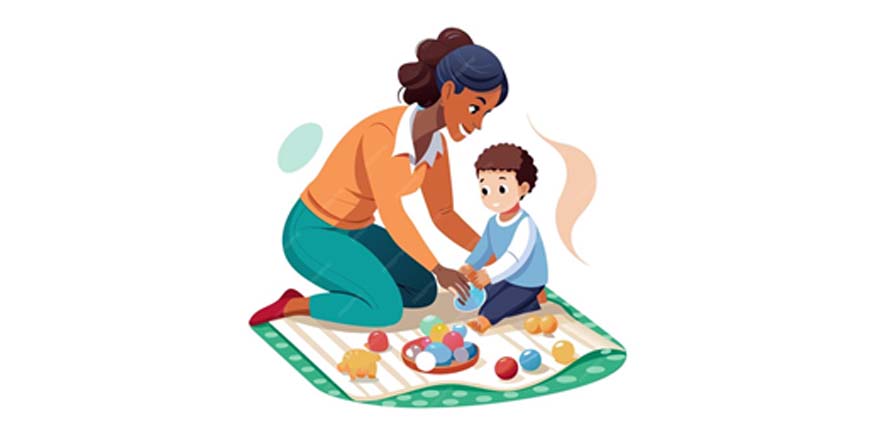
Adaptability is also very important. Early childhood education is always changing, and teachers must be ready to adjust their teaching styles to meet the various needs and learning preferences of their students. This might mean changing lesson plans, adding new activities, or altering the classroom setup to better fit the children’s needs.
Being patient and adaptable also involves a commitment to ongoing learning. Early childhood educators should look for ways to grow professionally and keep up with the latest research and best practices in their field.
Creativity plays a vital role in effective early childhood education. Young children are full of curiosity and imagination, so teachers should tap into this creativity to encourage a love for learning. Creative teachers use different methods and activities to engage kids, making learning enjoyable and meaningful.
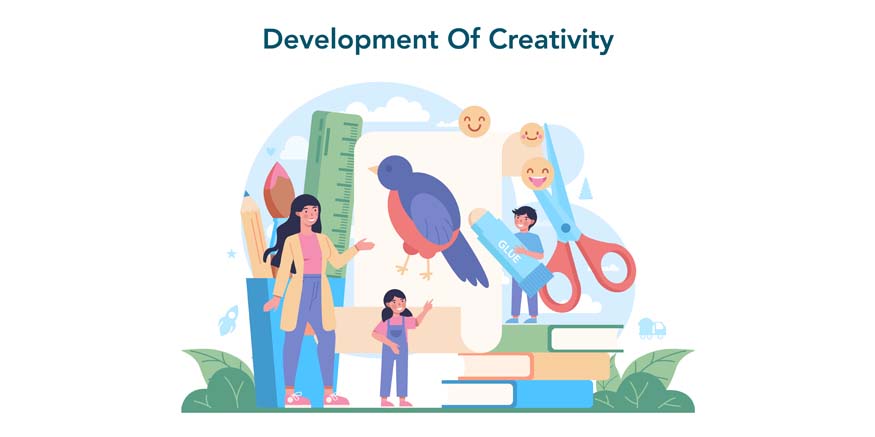
Innovation is also important in early childhood education. Teachers should be willing to try new ideas and teaching methods. This can involve using technology in the classroom, providing hands-on learning experiences, and finding creative solutions to support children’s growth.
For instance, an innovative teacher might create a themed unit that combines music, art, storytelling, and outdoor activities to teach a specific idea. By creating a creative and innovative learning space, early childhood educators can motivate children to think critically, solve problems, and express themselves in various ways.
A true passion for teaching distinguishes outstanding early childhood educators. These dedicated teachers care deeply about their students’ growth and well-being. Their enthusiasm, energy, and positive outlook shine through in the classroom.
This love for teaching pushes educators to create a warm and engaging learning space. It encourages them to connect with their students, recognise their unique needs, and offer tailored support and motivation.
Teachers with this passion also act as inspiring role models. By showing their love for learning and striving for excellence, they encourage children to adopt a similar approach to education and personal development.
Effective management skills in both the organisation and the classroom are essential for fostering a structured and productive learning space. Early childhood teachers must be adept at planning activities, using time wisely, and keeping the classroom organised.
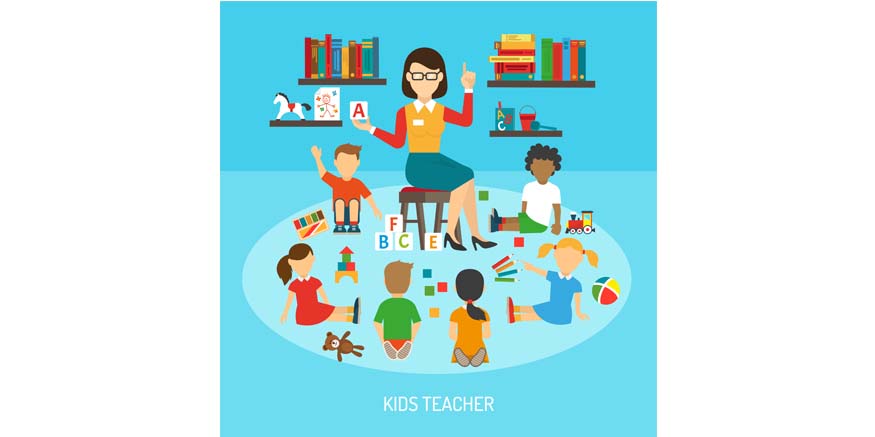
Classroom management includes setting clear behaviour expectations, creating routines, and using positive behaviour techniques. A well-managed classroom offers a safe and encouraging environment where children can learn and grow.
Organisational skills are also vital for handling administrative duties, like maintaining accurate records, tracking children’s progress, and preparing lesson plans and materials. By staying organised, teachers can be ready for each day and deliver consistent, high-quality instruction.
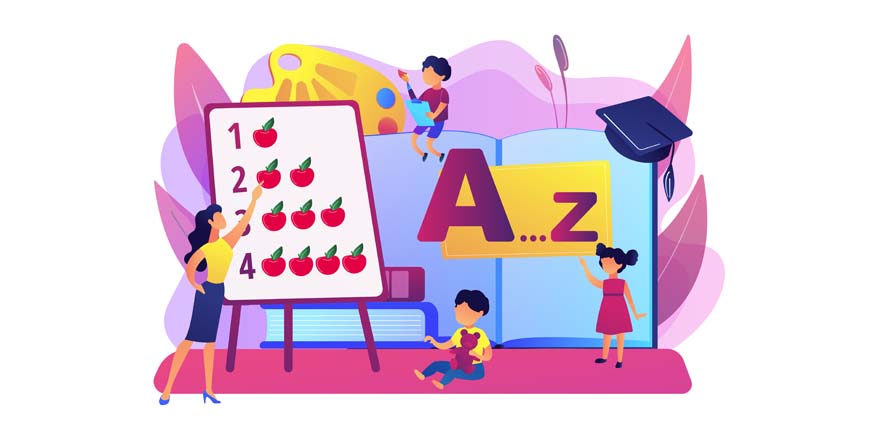
Becoming an effective early childhood educator requires a combination of skills. These skills include strong communication, patience and adaptability, creativity and innovation, a passion for teaching, and organisational and classroom management skills. With these skills, educators can create a fun and positive learning space where young children can grow and succeed.
Early childhood educators are crucial in shaping their students’ futures. By developing these important skills, they can significantly influence children’s lives and guide them toward success and a love for learning. At Mother’s Pet Kindergarten, we are dedicated to helping early childhood educators grow professionally. Our programs and resources aim to help them enhance these skills and provide the best education for young children.
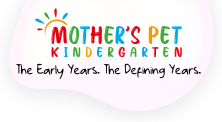


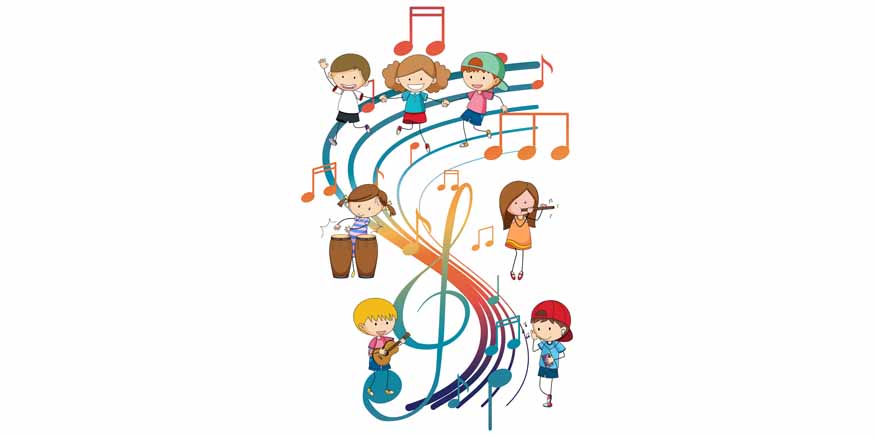
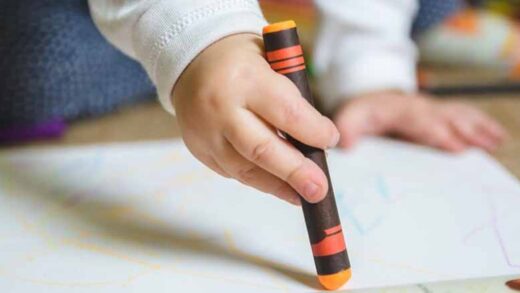
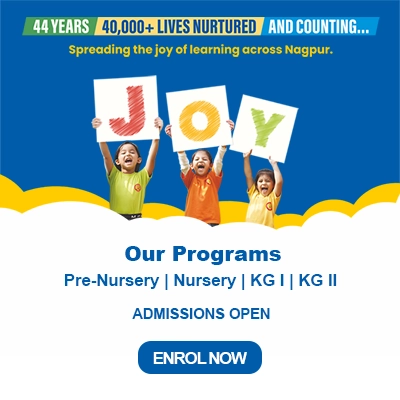

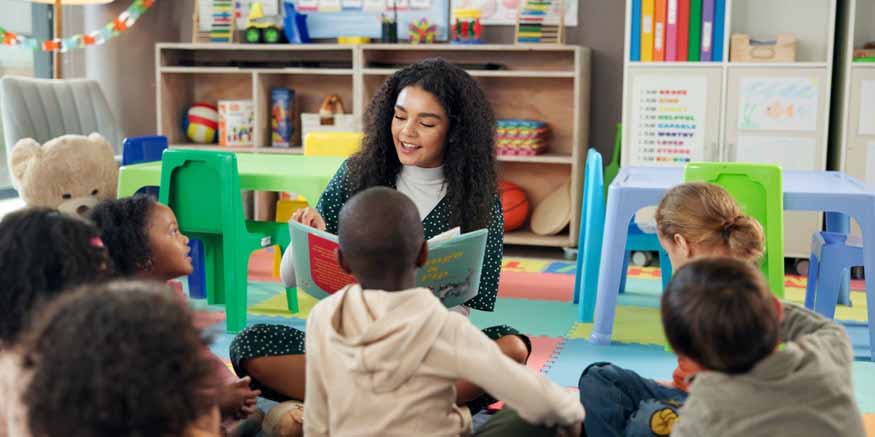
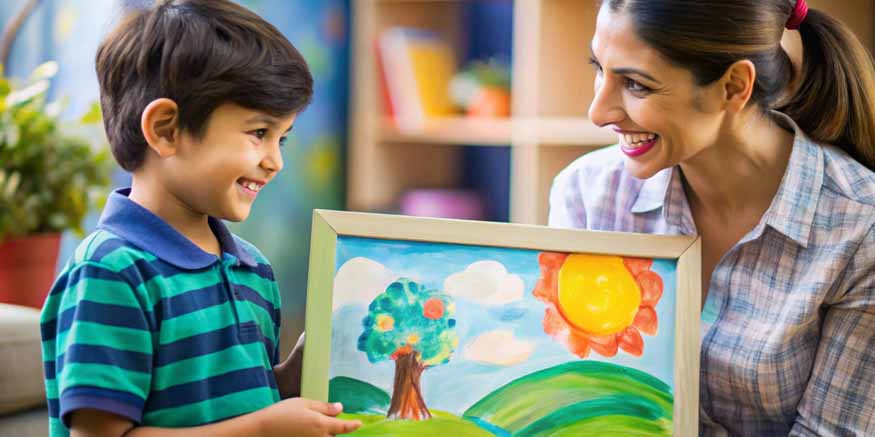
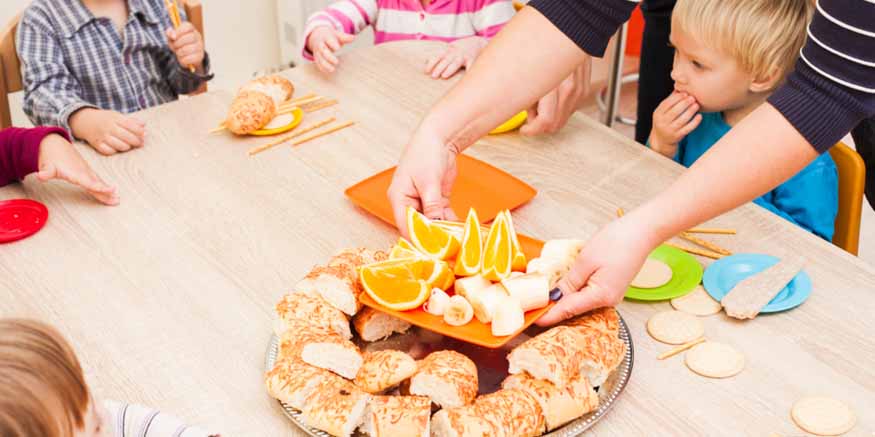

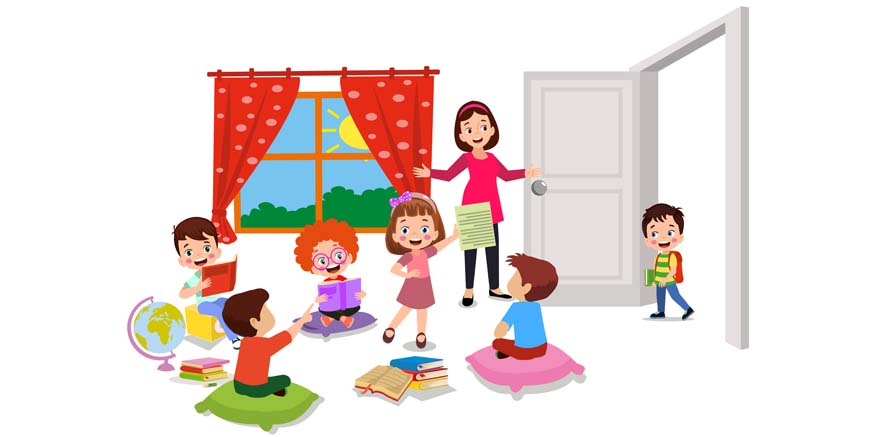
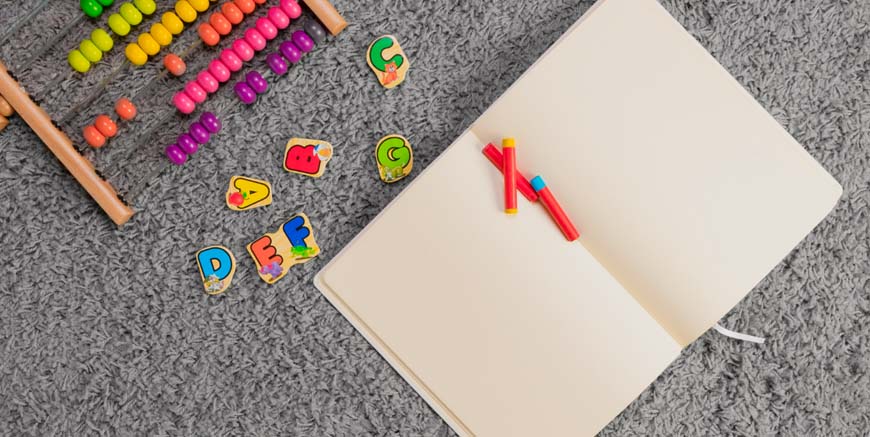
Recent Comments